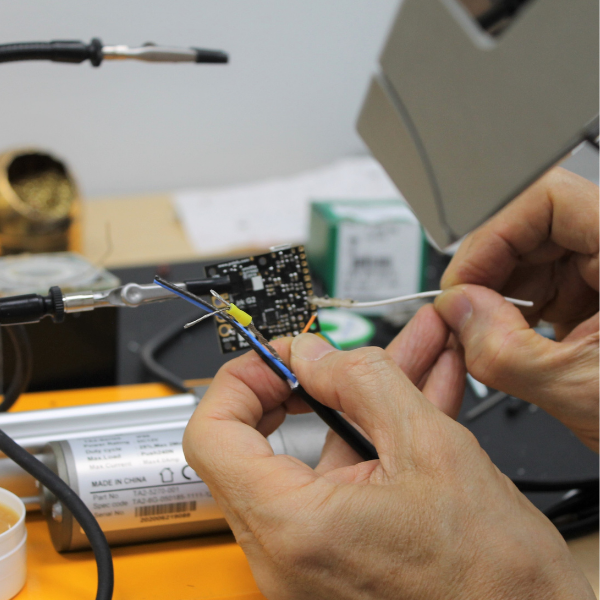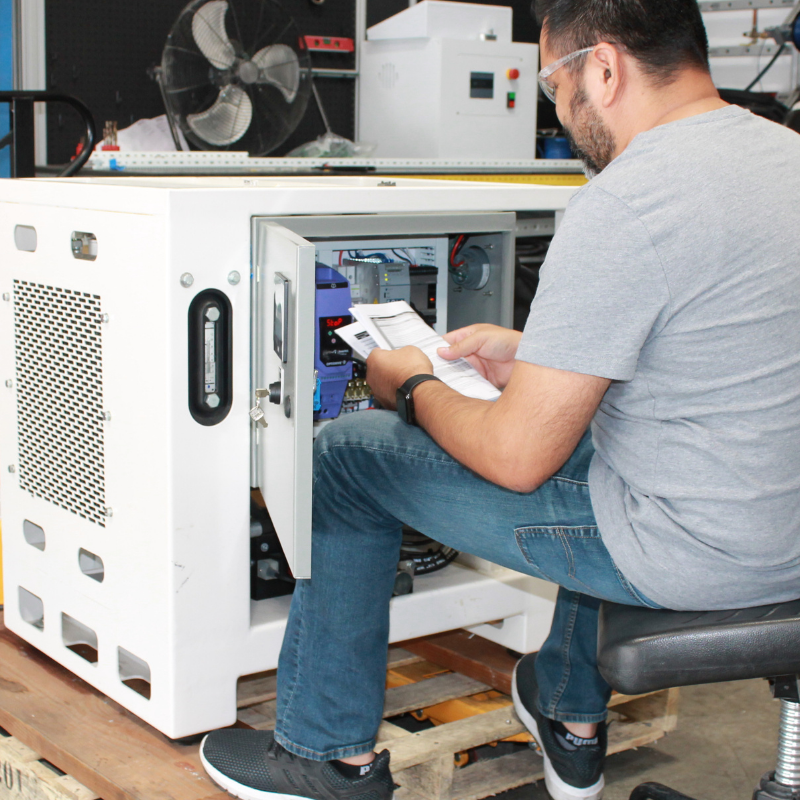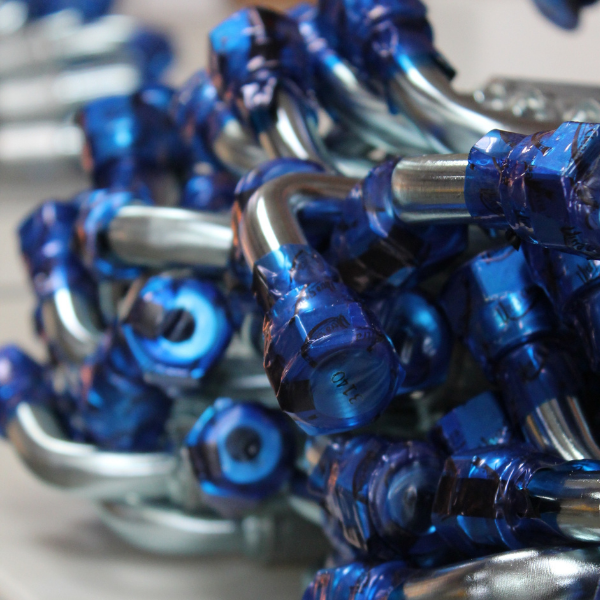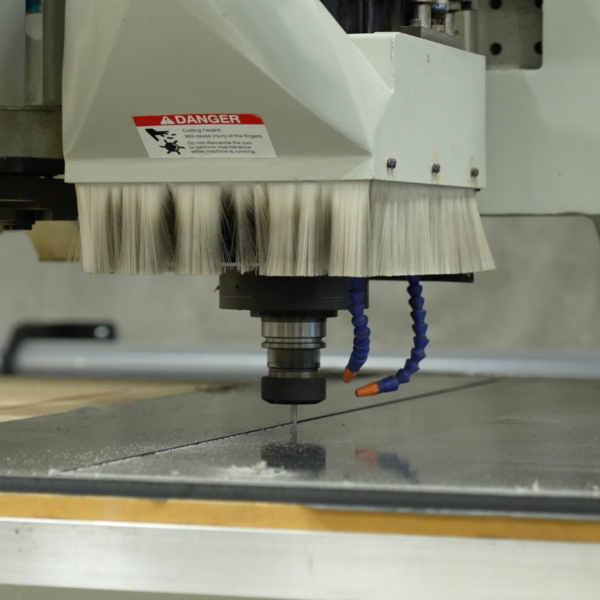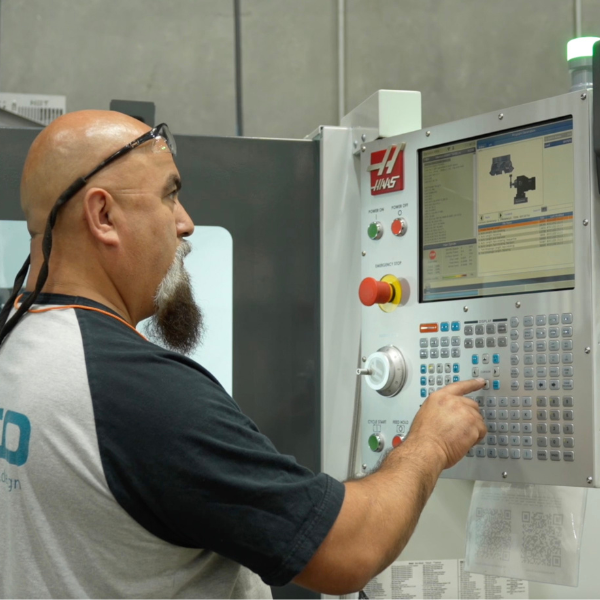Rotary actuators, available in several types and sizes, play a crucial role in virtually every industry. These versatile components are commonly incorporated into machines to generate rotary motion and facilitate movement of machine components to accomplish the task it’s designed for.
When it comes to creating machines, designers do not have to reinvent the wheel. Instead, they rely on a range of tried-and-tested standard components offered by reputable manufacturers. By combining these standard components with custom-designed parts, they can create machines that are not only efficient but also cost-effective and reliable. Embracing this innovative approach saves valuable time, maximizes budget, and improves reliability.
Standard actuator suppliers typically provide a wide range of options, giving designers the flexibility to customize the actuator based on their requirements. However, there are instances where a slight modification to the standard design can yield significant improvements to the machine. These modifications may enable the actuator to operate in unusual environments, minimize the number of other parts needed, optimize space utilization, or enhance the overall resilience of the machine.
Certain manufacturers go beyond accommodating small customizations for a modest fee, even for low quantities. However, there are others that enforce minimum order requirements or do not entertain custom requests at all. While a custom rotary actuator usually comes at a higher price compared to a standard one, the added savings resulting from its special feature can often offset the expense.
Below we will explore some examples of custom pneumatic rotary actuators by Rotomation.
EXAMPLES OF CUSTOM ROTARY ACTUATORS
Shaft Modifications
Simple changes to the standard shaft are the most common customizations. These may include:
- Longer or shorter length
- Different diameter
- Modified or deleted keyway
- Holes through for passage of wires or other objects
- Square, flat, or other coupling features
Rotomation maintains a comprehensive stock of special pinion shaft blanks to ensure the rapid and cost-effective delivery of special shafts. The blanks are designed with extra-long length and diameter to accommodate a wide variety of modifications.
REPLACEMENT FOR HARD-TO-GET IMPORTED ACTUATOR
A manufacturer invested in an automated machine from Europe to produce their product. Unfortunately, the machine which utilized a European pneumatic rotary actuator had repeated failures. The replacement was not only costly, but it also had a long lead time. Rotomation modified one of their standard products so that it could be dropped in place of the original. Modifications included incorporating metric mounting holes in the proper arrangement and a metric shaft. Since the manufacturer had multiple machines, the cost of these modifications was spread out, resulting in new actuators that cost less than the originals and had significantly longer service life. Additionally, when replacements were needed, they were readily available with a short lead time.
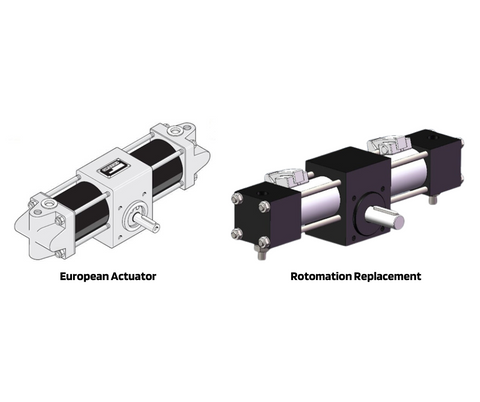
REPLACE STEPPING MOTOR FOR IMPROVED PERFORMANCE AND LIFETIME
A well-known pharmaceutical company encountered a recurring issue with the motor used in their proprietary pump, which dispenses a sterile solution into their product packages. These machines were in several manufacturing locations around the world, so they were seeking a solution that wouldn't require modifying the machine.
Rotomation crafted a modified version of their X12 indexing actuator to drop into the place of the stepping motor. This custom-built actuator replaced the failing motor by adding mounting flanges with mounting holes and a metric diameter shaft that matched the motor. A virgin PTFE shaft seal, nickel plated shaft, and elimination of tapped mounting holes improved the hygienic properties of the actuator.
Not only does the custom-built actuator offer a longer lifetime, but its operation is also smoother, resulting in a reduction of bubbles forming in the package. As a result, the company was able to increase their production rate, eliminating the need to wait for the bubbles to dissipate.
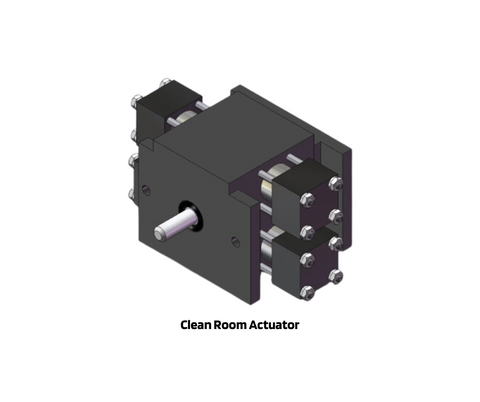
CLEAN ROOM ACTUATOR
When designing a machine for use in a cleanroom, a custom machine manufacturer specified several changes to the actuator to meet their requirements. The actuator was equipped with stainless steel shaft and bearings and assembled using low vapor pressure grease. Additionally, a vacuum port was added to the body to ensure negative internal pressure to avoid contamination of the clean room environment.
CUSTOM DESIGNED ACTUATORS
A fully custom-designed actuator is sometimes necessary when a simple modification to a standard actuator will not suffice. One such example is the actuator that Rotomation developed for Advanced Manufacturing Technologies in Loveland, Colorado. This innovative solution replaced a site-built assembly which included numerous parts with a single drop-in unit that is easier to maintain, sealed for washdown, eliminates pinch points, and reduces the required plumbing and wiring. The development cost of this solution was easily justified for the original equipment manufacturer. For more on this, check out this LinkedIn post here.
CONCLUSION:
When it comes to designing production machines, rotary actuators play a vital role. However, relying on a one-size-fits-all product may not always be the best solution. Whether you need a minor adjustment to the shaft or a completely custom-built actuator, finding a supplier who is willing to collaborate with you can truly enhance the value of your product.
By Norman Lane of Rotomation
